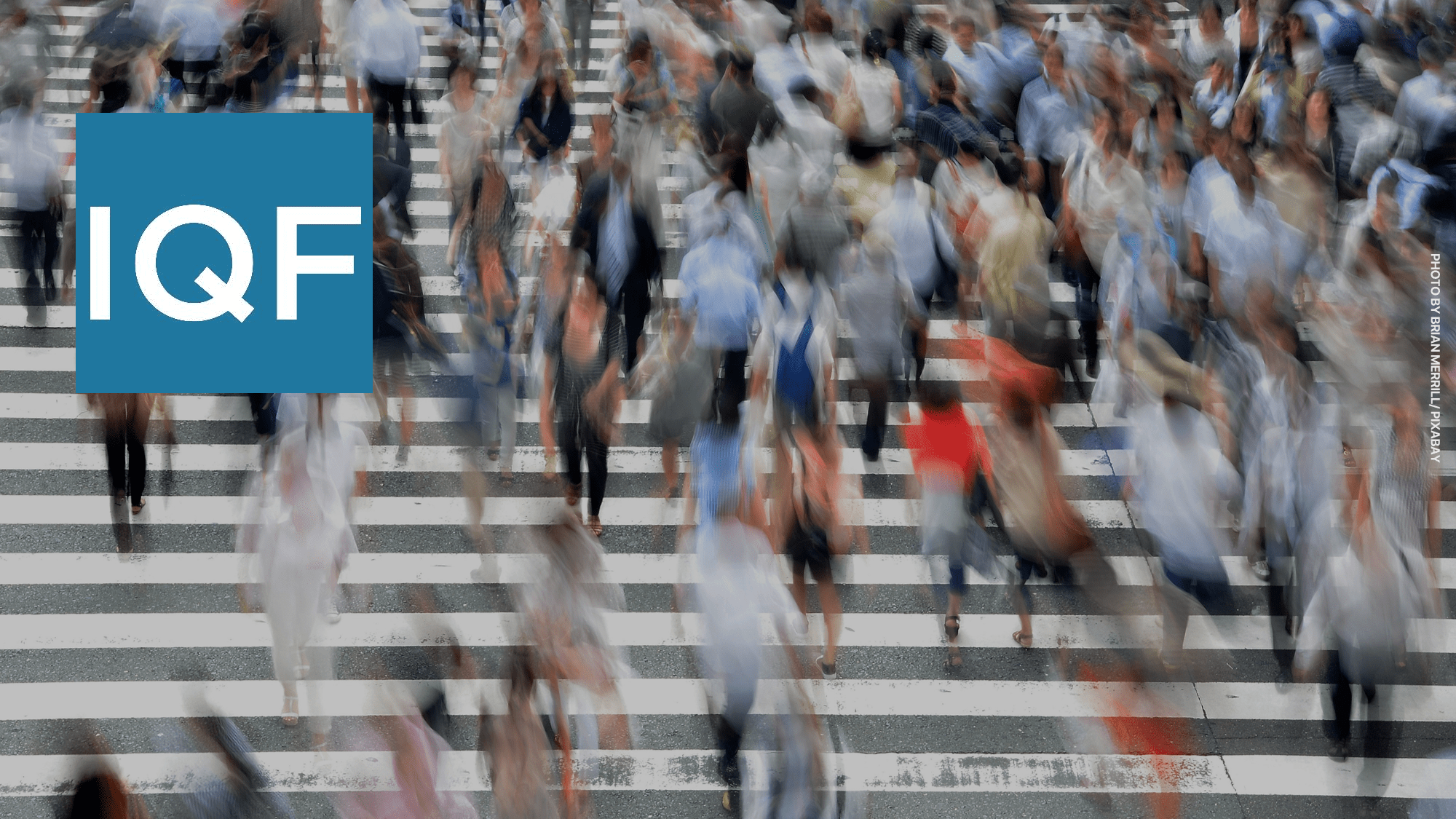Initially proposed as a measure to decongest Metro Manila and to promote growth in the provinces as soon as the enhanced community quarantine in Luzon is lifted, the “Balik Probinsya, Balik Pag-asa Program” (BP2) became a controversial response of the Duterte administration to the growing number of COVID-19 cases in the metropolis. Among its short-term activities was the provision of transportation and livelihood assistance to those who wish to return to their home provinces even during the lockdown period. This led to the influx of returnees—including those who were found positive of the virus—to the provinces, surprising local government officials. Days after its launch, the BP2 was suspended to distinguish it from efforts of government to bring locally stranded individuals (LSI) back to where they came from.
But with or without a pandemic, encouraging people to return to their places of origin—with free transportation and promises of livelihood assistance—is not a straightforward solution to address the complex problems of underdevelopment in rural areas and overcrowding in urban areas. The data and evidence gathered for this issue of the Intersect Quick Facts challenge some of the assumptions underlying policies such as the BP2 that oversimplify the problem.
Download here.

